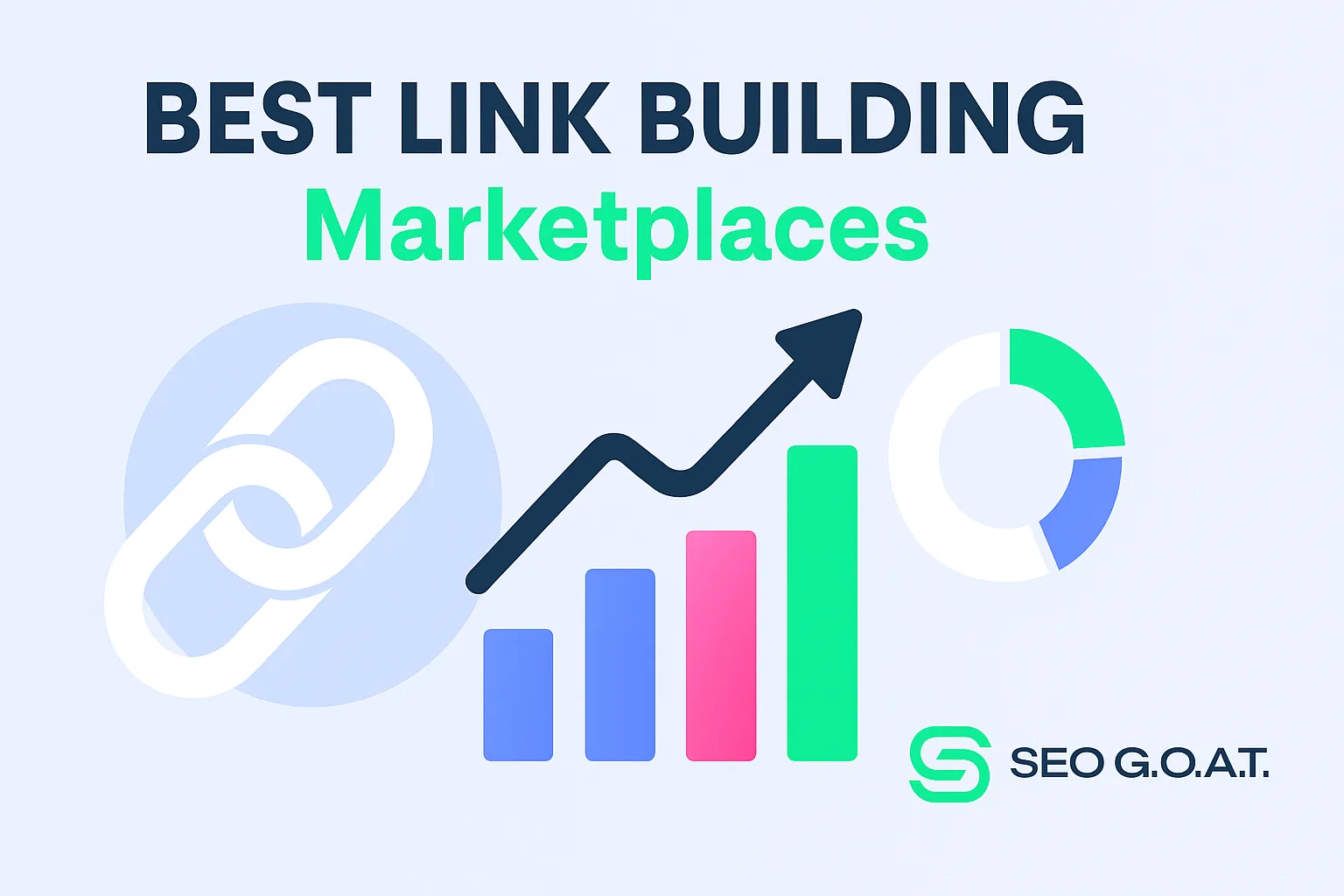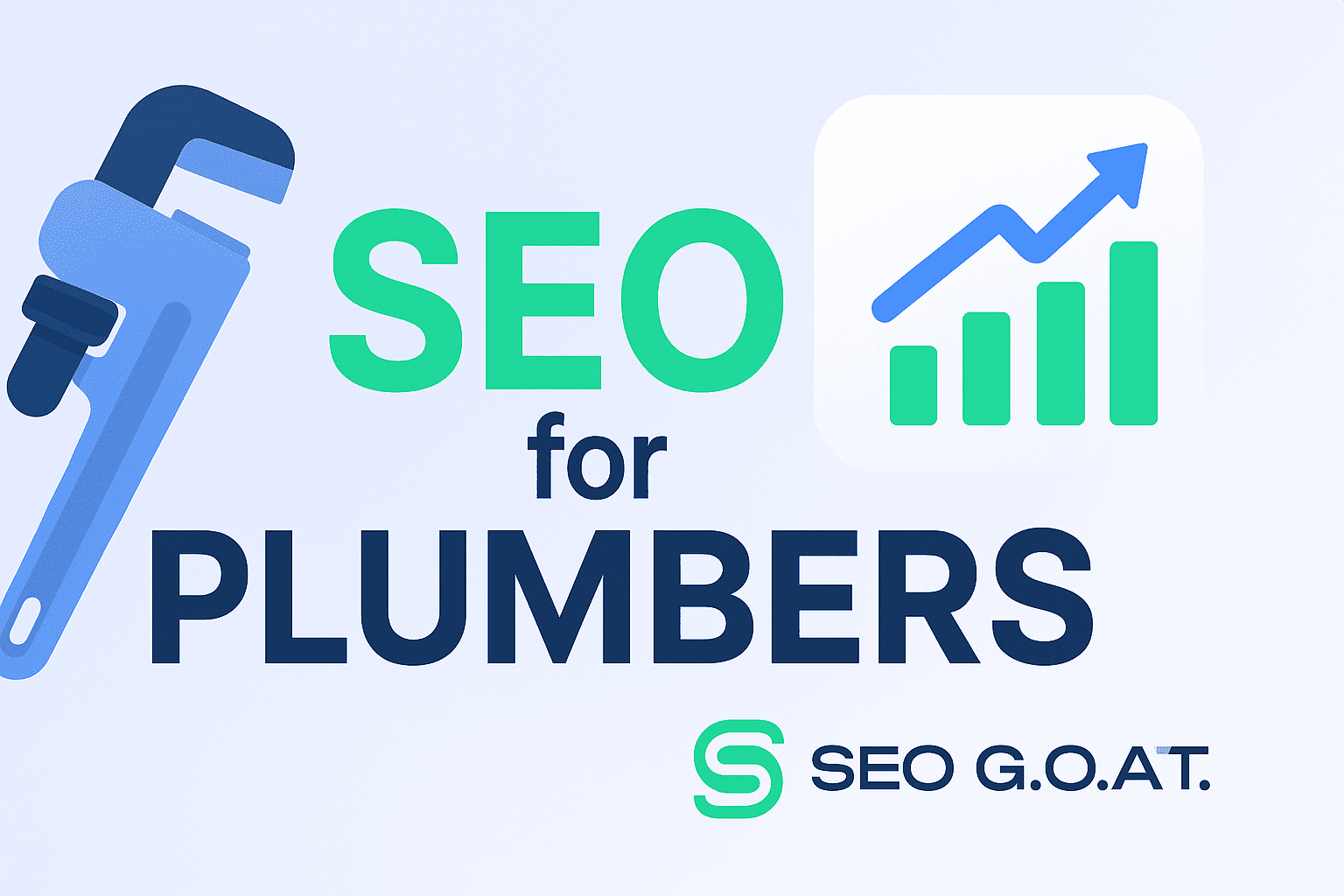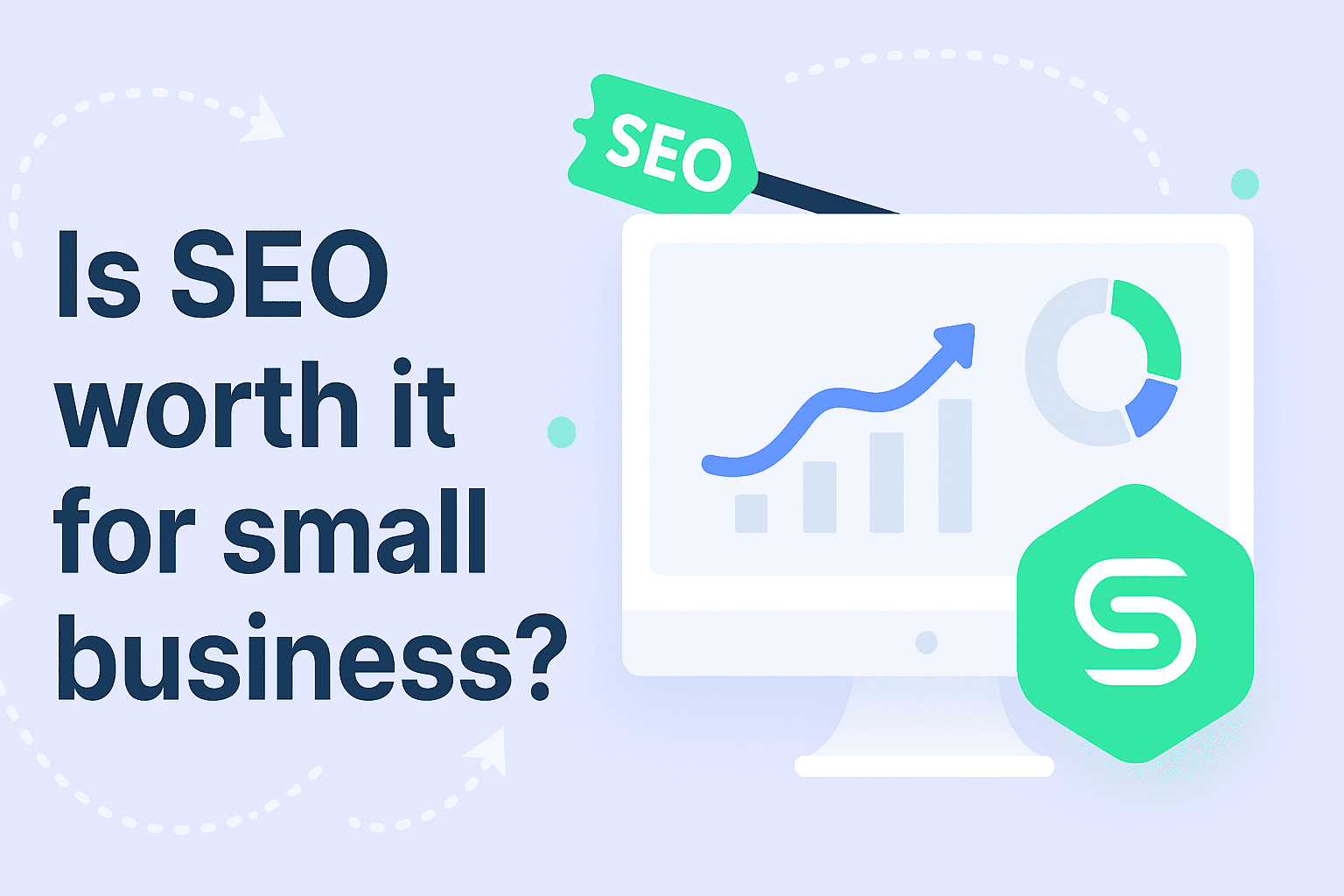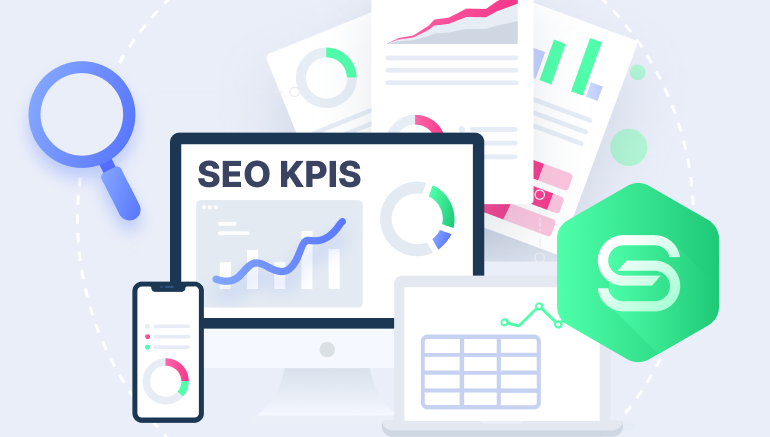Guide to enterprise SaaS SEO: best strategies and tools

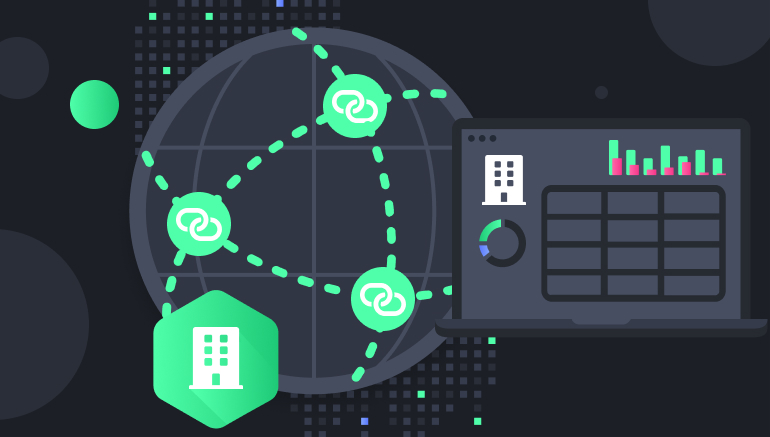
When it comes to growing an enterprise SaaS business, SEO isn’t just a “nice-to-have.” It can attract the right people long-term without the need to constantly invest in ads – bringing in those who genuinely need what your SaaS product offers.
In this article, we’ll explore all the ins and outs of SEO for enterprise SaaS. This guide to enterprise SaaS SEO will break down what it is, how to do it right, and the best tools available.
Key takeaways:
- When done right, enterprise SaaS SEO can attract the right customers without relying on paid ads.
- In 2024, with constant Google algorithm changes, there are 3 main factors to rank well: high-quality content, proper on-page optimization, and building backlinks from reputable, relevant websites.
- SEO is a marathon, not a sprint. By regularly publishing informative articles and building strong backlinks, your platform can gradually climb to the top positions and bring in the right traffic.
What is enterprise SaaS SEO?
Enterprise SaaS SEO is basically the same as regular SEO but tailored for big enterprise SaaS companies.
The main difference? It has to be top-notch.
One slip-up in your SEO strategy could hurt more than just your rankings, it could impact trust and credibility. For example, if you stuff content with too many keywords or unnatural phrases, it can look spammy. This can make the brand seem less trustworthy.
And you need to attract the right audience – big clients who are looking for serious solutions. If you target the wrong keywords, you’ll end up ranking for irrelevant, low-intent terms. This could bring in visitors who are just browsing, not the decision-makers or business owners looking for a SaaS platform.
Why is SEO important for SaaS?
SEO is one of the most cost-effective traffic sources in the long run. It’s like putting your SaaS marketing on autopilot, where you keep getting traffic without paying for ads all the time. Especially for SaaS, paid ads can get crazy expensive.
For example, if you’re a SaaS platform competing with industry giants like Salesforce or HubSpot, paying for clicks on Google Ads might cost you a small fortune. But with a solid SEO strategy, you can target long-tail keywords and niche audiences that the big guys might overlook. This gives you a chance to rank higher for those terms and attract people who are actively looking for a specific solution you provide, without the heavy ad spend.
Most SaaS companies see their SEO investment pay off in as little as 6 to 12 months, where the organic traffic they gain begins to outweigh the costs of SEO efforts.
And SEO isn’t just a standalone strategy. In particular, quality content can support your account-based marketing or email campaigns.
What are the differences between SEO for enterprise SaaS and regular SaaS?
While the general principles are the same – like keyword research, content creation, and link building – the stakes are much higher, and the approach needs to be more refined.
1) Higher investment in quality content
For enterprise SaaS, you need a massive amount of high-quality, well-researched content. It’s not enough to have a few blog posts or landing pages. You need articles that speak directly to enterprise-level clients, addressing their specific needs and concerns in a way that builds trust. This requires not only skilled writers but also a lot of time and resources to produce.
2) Building strong backlinks
You’ll need to get backlinks from high-authority, relevant websites that show Google your platform is trustworthy. These backlinks act as votes of confidence from other respected sites, signaling to search engines that your content is worth ranking higher. You might need to invest in more expensive link-building tactics like high-quality guest posts, link exchanges, or sponsored content.
3) Keyword research is a bigger deal
You’ll need to be super picky about the keywords you go after – ones that hit home with big companies. The competition’s tougher, so you gotta dig deeper into long-tail keywords and specific niches that will bring in the decision-makers, not just random traffic.
4) Branding and SERM
Big clients want to work with brands they can trust. SEO for enterprise SaaS isn’t just about getting to the top of Google – it’s about making sure your brand looks good. That’s where SERM (Search Engine Reputation Management) helps.
For example, if a potential client sees positive reviews and expert mentions about your platform, they’re more likely to choose you over a competitor who has a less impressive online presence.
The challenges of enterprise SaaS SEO can be tough, like competing with big players and figuring out the right keywords. But a reliable SEO partner, like our team at SEO G.O.A.T., can help you nail it.
Top enterprise SaaS SEO tools
Here are some of the best SEO tools available for enterprise SaaS platforms:
1. SEMrush
SEMrush gives you everything you need to manage your enterprise SaaS SEO strategy, from keyword research to backlink tracking and competitor analysis. While you don’t necessarily need the enterprise-level subscription, it’s worth exploring its capabilities.
Features for SEO
SEMrush has some great features:
- Keyword research.
- Tracking changes of your target keywords in your desired location.
- Discovering link-building opportunities to strengthen your site’s authority.
- Content optimization recommendations.
- Competitor SEO analysis to unpack their enterprise SaaS SEO strategies.
- Generate SEO-friendly articles using AI.
Pricing
SEMrush offers a free version with limited access to its features. There are three main subscription plans available:
- Pro: $139.95 per month
- Guru: $249.95 per month
- Enterprise: starts at $5,000.00 per month
2. Google Search Console
Google Search Console is a must-have tool for any SEO strategy. By using Search Console, SaaS businesses can monitor their organic search performance in Google search results, identify issues, improve targeting with detailed keyword data, and optimize their site for better search visibility.
Features for SEO
Google Search Console offers some solid features:
- Monitor your site’s performance in Google search results.
- Identify and fix crawl errors to ensure your site is accessible.
- Analyze keyword data and impressions for better targeting.
- Submit sitemaps and track indexing status.
- Get alerts about critical issues that impact search visibility.
Pricing
Google Search Console is free to use, you just need to add your website and verify ownership.
3. Google Analytics 4 (GA4)
GA4 is the next-gen analytics tool from Google that’s perfect for tracking SEO performance and user behavior. Custom events and AI-powered insights allow SaaS companies to refine their content and improve engagement with targeted audiences. With GA4, enterprises can make data-driven decisions to improve both their SEO performance and user experience.
Features for SEO
GA4 has some powerful features:
- Track user activity and identify SEO trends across your site.
- Monitor organic traffic and conversion patterns.
- Set up custom events to measure key user interactions.
- Use AI-powered insights to improve marketing decisions.
Pricing
GA4 is free, though premium features are available with Google Analytics 360 for larger organizations.
4. Locker Studio
Looker Studio is a powerful business intelligence tool designed to help you visualize, analyze, and share data effortlessly. With Looker Studio, SaaS businesses can create interactive dashboards and reports that provide a clear view of their SEO performance, from keyword rankings to traffic sources.
Features for SEO
Looker Studio has some excellent features for data analysis and reporting:
- Create reports with simple drag-and-drop functionality and fully customizable options.
- Instantly connect to over 600 data sources.
- Choose from a variety of templates to visualize your data.
- Real-time collaboration for teams.
- Turn raw data into impactful business metrics and easy-to-understand visualizations.
Pricing
Looker Studio is free for creators and report viewers. To access additional features, you can upgrade to Looker Studio Pro directly from its website.
5. SpySerp
SpySerp helps enterprise SaaS businesses track search engine rankings, analyze competitors, and discover keyword opportunities.
Features for SEO
SpySerp offers a comprehensive set of features:
- Monitor your website’s position across mobile and desktop search results daily. Track rankings in multiple locations (countries, regions, cities) and across six search engines.
- Keep an eye on your competitors’ performance by tracking up to 1,000 domains at once. Compare data over any time period and analyze rankings, snippets, URLs, and anchors.
- Group related keywords by semantic meaning, ensuring efficient keyword distribution across your site to drive more traffic. Save and export keyword clusters for better organization.
- Get insights into market shifts, competitor activity, and industry trends. Use data to improve your SEO positioning and stay ahead of new competitors.
- Track and compare how your domain appears in different SERPs and adjust based on location, language, and content for more targeted keyword strategies.
Pricing
SpySerp offers flexible pricing plans to suit different needs:
- Free plan: Includes one project with up to five keywords and basic SERP features (ideal for small-scale projects).
- Pro 10k Plan: $9/month for up to 10,000 keyword checks per month, unlimited projects, and advanced features like competitor tracking and API integration.
- Enterprise Plan: Custom pricing tailored to large companies, offering individual settings, more data tracking, and extended features.
6. SurferSEO
Surfer SEO is most famous for its content editor, which uses AI to check 500 factors of your page’s content and compares it with your competitors. It gives you clear insights into what’s working for your keyword right now. For enterprise SaaS companies, the Enterprise plan provides customizable features and dedicated support to maximize SEO efforts across large sites.
Features for SEO
Besides the content editor, Surfer also offers other useful tools:
- Topical map recommendations.
- Content audit.
- Surfer AI that can generate SEO-optimized articles with just a click.
- AI outline generator.
- AI-generated content detector.
- AI humanizer.
Pricing
SurferSEO offers different plans to accommodate various business needs. Plus, the platform provides a 7-day money-back guarantee, so you can try it risk-free.
- Essential: $99/month. You can track up to 200 pages across your sites, optimize 30 articles per month, generate 5 AI-powered rank-ready articles, invite up to 5 teammates to collaborate on projects, create topical maps and access kyword research tool.
- Scale: $219/month. You can track 1000 pages across, optimize 100 articles per month, generate 20 rank-ready AI articles, invite up to 10 teammates, and analyze up to 100 SERPs/day.
- Enterprise: Pricing is custom. You’ll get all the benefits of the Scale plan, along with additional features such as custom limits, a custom number of teammates, and access to white-labelling and API integrations. You’ll also receive personalized onboarding, dedicated customer success management, and priority support. This plan includes SEO advisory and consulting services.
Integrating enterprise SaaS SEO with other marketing channels
SEO is powerful on its own, but when you connect it with other tactics, you create a marketing powerhouse. Let’s take a look at how you can make SEO play nice with other channels.
SEO + content marketing
SEO and content go hand in hand, so you shouldn’t treat them as separate things. First, do your keyword research to figure out what your potential customers are searching for. This gives you a roadmap for creating content that’s actually useful and answers questions people are Googling. For example, if you sell project management software, you might create content like “Top 10 Project Management Tips for Remote Teams.”
Also, include CTA (call to action) buttons across your content that encourage people to try your software. For example, after explaining your tips, say something like, “Want to streamline your team’s workflow? Try [Your SaaS] for a free 14-day trial.” You’re giving people helpful information and showing them why your product could help.
Retargeting SEO traffic
SEO brings people to your site, but not everyone will sign up on their first visit. That’s where retargeting comes in. Let’s say someone lands on your site after searching for “best CRM software” but leaves without filling out your sign-up form. With retargeting ads, you can show them ads for your product again when they browse other sites.
It’s like reminding them, “Hey, we saw you checking us out – don’t forget about us!” Retargeting works wonders, especially if the person has already shown interest in what you offer. For example, if someone reads a blog post about CRM systems but doesn’t take the next step, you can serve them a retargeting ad that says, “Still looking for a CRM? Here’s why [Your SaaS] is the best choice.”
SEO + reviews
You can use SEO to improve your brand’s online reputation. In the SaaS world, trust is everything. So, when people search for your product or brand, you want them to find positive reviews.
Let’s say your software company has some great reviews from customers on sites like Trustpilot or G2. If you create blog posts or landing pages around these reviews and optimize them for SEO, they can show up in search results. Now, when someone Googles your brand, they’ll see all the good stuff people are saying about your SaaS. It’s like letting your happy customers do the talking for you.
SEO + Account-Based Marketing (ABM)
ABM is all about targeting key accounts, and when you combine it with SEO, you’re setting up a power move. With ABM, you focus on individual companies or high-value leads rather than casting a wide net. SEO can help by driving traffic to specific pages designed just for those key accounts.
For example, if you’re selling enterprise-level project management tools, you might create personalized landing pages optimized for keywords like “enterprise project management for [specific industry].” Once you’ve got those pages optimized, you can use ABM tactics like personalized ads to show those prospects content that speaks directly to their needs.
SEO + email marketing
Email marketing is a classic, and when it’s combined with SEO, it’s like your one-two punch. Here’s how it works: after driving traffic to your website via SEO, you can capture emails through lead magnets like free trials, eBooks, or webinars. Once you’ve got that email, SEO keeps working by continuing to bring people back to your site through relevant content.
Let’s say you’ve got an email list of people who signed up after reading a blog post on “The Best CRM Tools for Small Businesses.” You can then send them personalized emails with subject lines like, “Still Looking for the Right CRM? Here’s How [Your SaaS] Can Help!” In these emails, you link to SEO-optimized landing pages that address their specific pain points, pushing them further down the sales funnel.
SEO + social media
You can share your blog posts and landing pages on social media to bring traffic. Plus, social signals (like shares and comments) can indirectly benefit your SEO rankings by showing Google that your content is valuable.
For example, after publishing an SEO-optimized article on “How to Choose the Best SaaS Tool for Your Business,” you can share it on LinkedIn or Twitter. As people engage with your post, you’re spreading awareness of your SaaS product and building credibility in your niche.
SEO + video marketing
Creating videos that showcase your SaaS product, customer testimonials, or tutorials can drive traffic to your site. By optimizing video titles, descriptions, and tags with SEO-friendly keywords, you make it easier for potential customers to find your content.
For example, if you create a video demonstrating how your SaaS product can help automate marketing tasks, it could rank well for search queries like “how to automate marketing with [Your SaaS].” This type of content can attract users looking for marketing automation solutions and give them a clear understanding of how your tool simplifies the process, leading to potential conversions.
SEO + paid ads
Paid ads and SEO might seem like two different worlds, but they work best when paired together. While SEO brings in organic traffic over time, paid ads can provide a quick boost, especially for high-converting keywords. With paid ads, you can target very specific keywords that are also being targeted by your SEO efforts.
For instance, if your SEO strategy focuses on ranking for “best SaaS CRM for startups,” you could run paid ads around the same keyword to target users who are looking for a solution right now. The double approach gives you more chances to capture attention, whether users click on your organic listing or your paid ad.
Inspiring case studies of enterprise SEO for SaaS companies
Here is how some of the biggest companies did enterprise SEO for SaaS and clawed their way to the top of the organic search mountain.
1) HubSpot: 1.8M monthly visits
HubSpot provides a suite of SaaS tools designed to help businesses with inbound marketing, sales, e-commerce, and customer service. HubSpot is a younger company compared to the big players like Salesforce, Adobe, and Zoho.
They managed to compete by focusing on creating a ton of useful SaaS content. Instead of trying to beat these giants head-to-head, HubSpot grew its organic search traffic. HubSpot now generates around 1.8 million organic visits per month, and their traffic continues to grow.
2) Dropbox: 3.8K organic visits
Dropbox, a well-known cloud storage service, successfully boosted its organic traffic by aligning its SEO strategy with both its product offerings and user-generated content, as well as creating product-specific landing pages optimized for relevant keywords. By publishing detailed tutorials, they cater to users’ questions related to cloud storage and file management.
Dropbox drives 3.8K organic visits per month. While this number may seem smaller compared to some other companies, it’s important to note that Dropbox’s focus has shifted toward highly targeted content to drive niche traffic.
3) Salesforce: 4.3M monthly visits
Salesforce is one of the leading SaaS companies in the CRM space, providing businesses with cloud-based solutions for customer relationship management, marketing, and sales.
By creating a wealth of blog posts and knowledge-base articles that address their target audience’s problems, they capture high-ranking positions for valuable keywords. The company ensures each piece serves both user intent and search engine algorithms. Salesforce generates 4.3 million organic visits per month.
Your go-to enterprise SaaS SEO company
At SEO G.O.A.T. we specialize in all things SEO, helping enterprise SaaS businesses worldwide dominate search rankings and bring high-quality organic traffic to their platforms.
We offer a full range of SEO services and use the best tools available in the industry. And our portfolio is filled with successful case studies and positive reviews from happy customers.
If you have any questions about enterprise SaaS SEO, you can always connect with us via [email protected] or schedule a free consultation.

